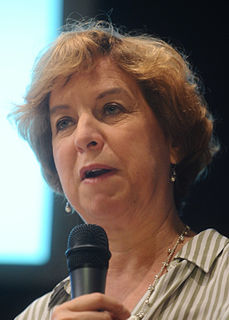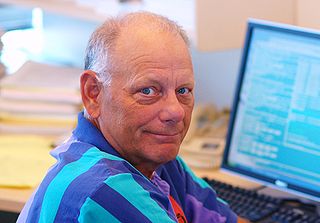A Quote by Douglas Rushkoff
The iPad - contrary to the way most people thought about it - is not a tablet computer running the Apple operating system. It's more like a very big iPhone, running the iPhone operating system.
Related Quotes
The iPod is a proprietary integrated product, although that is becoming quite modular. You can download your music from Amazon as easily as you can from iTunes. You also see modularity organized around the Android operating system that is growing much faster than the iPhone. So I worry that modularity will do its work on Apple.
My first operating system project was to build a real-time system called RSX-11M that ran on Digital's PDP-11 16-bit series of minicomputers. ... a multitasking operating system that would run in 32 KB of memory with a hierarchical file system, application swapping, real-time scheduling, and a set of development utilities. The operating system and utilities were to run on the entire line of PDP-11 platforms, from the very small systems up through the PDP-11/70 which had memory-mapping hardware and supported up to 4 MB of memory.
In the summer of 1988, I received an interesting call from Bill Gates at Microsoft. He asked whether I'd like to come over and talk about building a new operating system at Microsoft for personal computers. What Bill had to offer was the opportunity to build another operating system, one that was portable.
When Steve Jobs toured Xerox PARC and saw computers running the first operating system that used Windows and a mouse, he assumed he was looking at a new way to work a personal computer. He brought the concept back to Cupertino and created the Mac, then Bill Gates followed suit, and the rest is history.


































